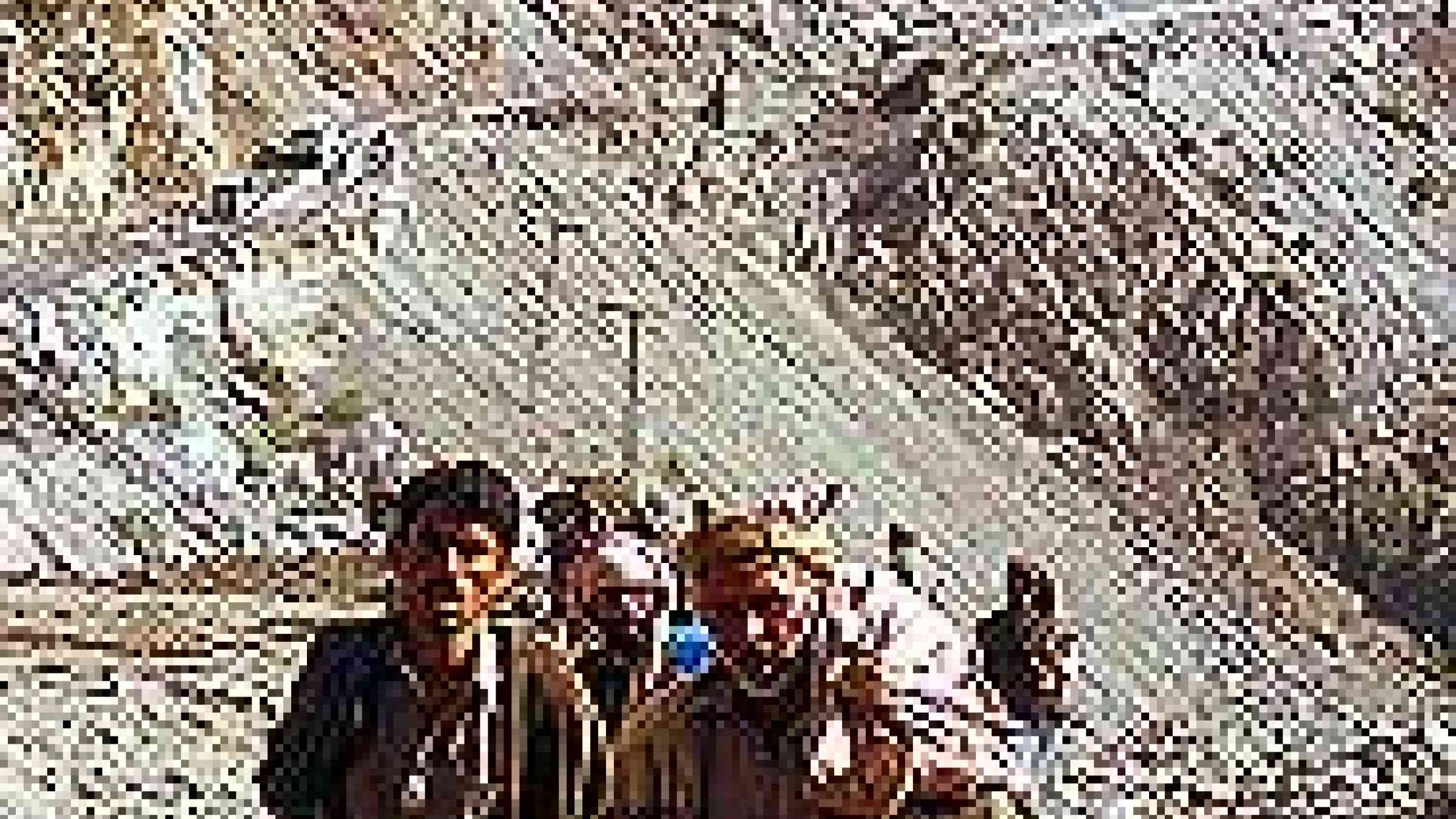South Asia: Building safer communities

Red Cross Red Crescent workshop helps colleagues share their knowledge on how best to protect and support those in disaster-prone areas.
Abdul Jalil Basiri left his job as chief editor of one of Afghanistan's major newspapers and joined the International Red Cross and Red Crescent Movement "to touch base with the people". Now, more than a year after becoming the Afghanistan Red Crescent's community-based disaster preparedness manager, Basiri says he is happy with his career shift. He now feels, in a very personal way, the human impact of the stories he used to read and edit as a journalist - especially in times of crisis. "In the Red Crescent, I see the story happen and feel part of it," he reveals.
Basiri recently joined 25 other participants in a week-long South Asia regional workshop on community based disaster risk reduction. It was held in Islamabad, Pakistan, hosted by the Pakistan Red Crescent Society and supported by the International Federation of Red Cross and Red Crescent Societies (IFRC), Disaster Preparedness European Union Commission Organization and the Swedish Red Cross. "Disasters in any form bring so much suffering and disorder to our people," says Basiri. "We have to come together to reduce their impact on human lives."
The workshop is part of a disaster management capacity building programme common across the Red Cross Red Crescent. Following the devastating earthquake in October 2005 and a major cyclone and flooding in 2007, the Pakistan Red Crescent has a big stake in becoming better prepared for emergencies. According to Asar UL Haq, senior disaster manager of the IFRC delegation in Pakistan, "We have learned so much from these disasters. We want other Red Cross Red Crescent societies to gain from our experiences so that together we can build safer communities in the region."
Through the programme, people living in at-risk communities are actively engaged in the identification, analysis, and evaluation of disaster risks. This reduces their vulnerability and builds resilience through training on community-based first aid, basic health care and other risk reduction strategies.
The Pakistan Red Crescent will establish 43 disaster management cells in identified priority areas by the end of 2009 as part of its post-earthquake capacity-building programme.
By Teresita P Usapdin, IFRC communications coordinator